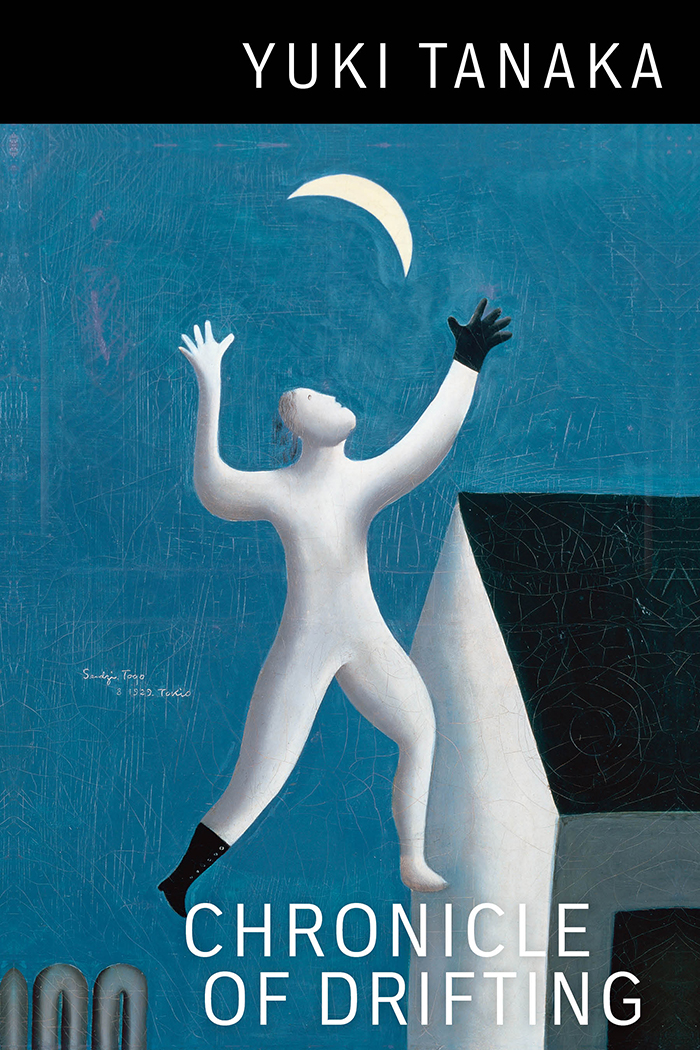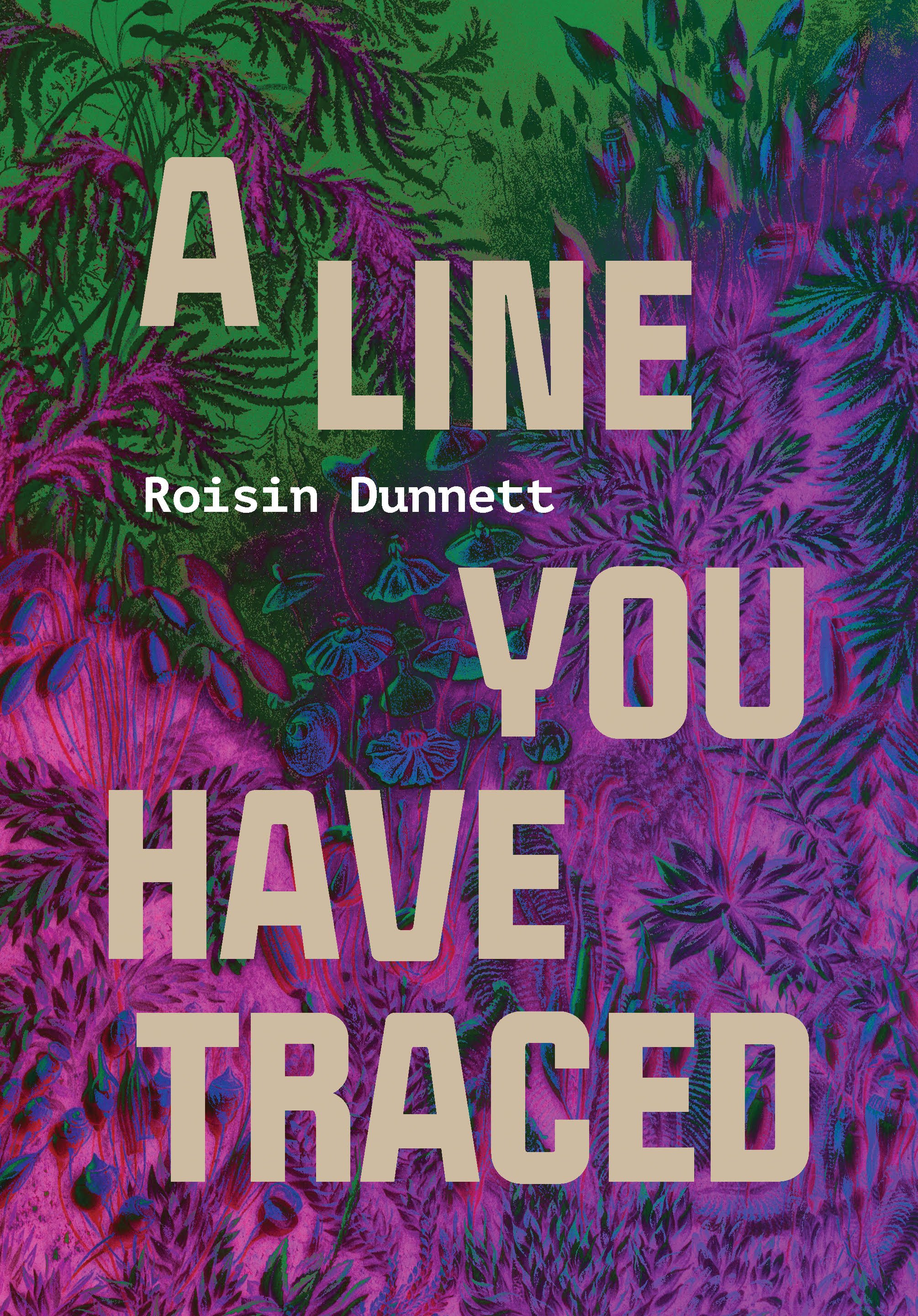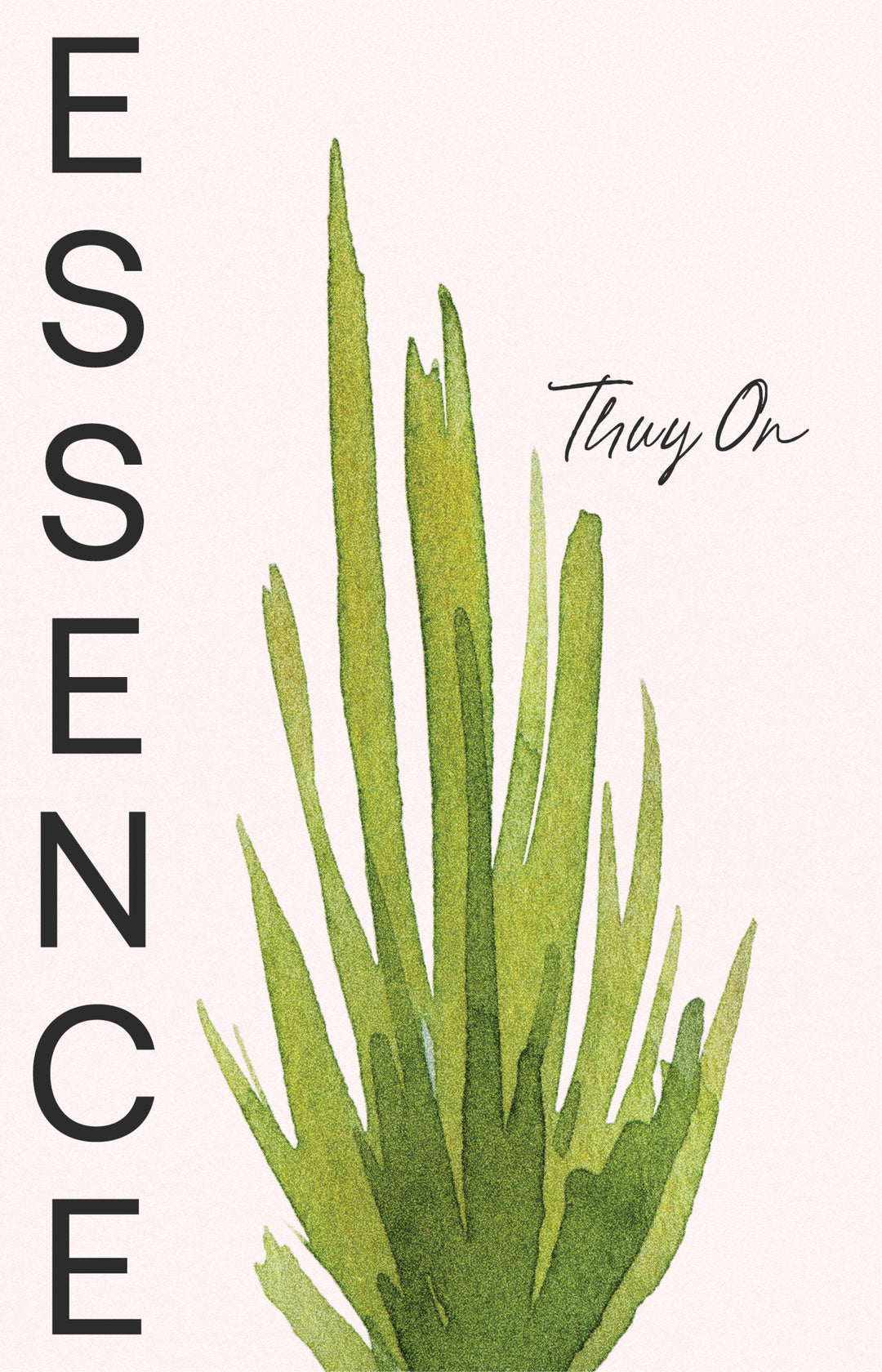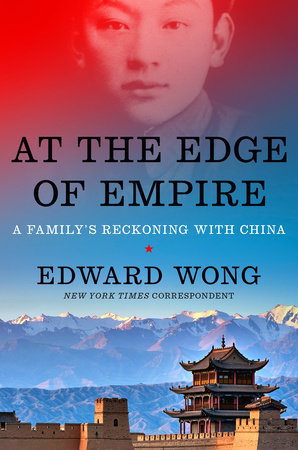 Falconer gives us a detail-rich survey of those movements, beginning with Futurism, announced in a 1909 manifesto on the front page of Paris’ Le Figaro, and running through Dadaism, Russian Constructivism, De Stijl, and the Bauhaus, and ending with the post-WWII movement Situationism. The story he tells is of artists willing to break with art’s past and to reinvent its formal language, its materials, and above all, its relationship to life.
Falconer gives us a detail-rich survey of those movements, beginning with Futurism, announced in a 1909 manifesto on the front page of Paris’ Le Figaro, and running through Dadaism, Russian Constructivism, De Stijl, and the Bauhaus, and ending with the post-WWII movement Situationism. The story he tells is of artists willing to break with art’s past and to reinvent its formal language, its materials, and above all, its relationship to life.
Category: Book Reviews
Book Reviews
A review of Red Camaro: Poems by Dwaine Rieves
 Rieves knots subjects together: moments of closeness, lack of friendship, learning to tie knots, rain, what the Bible says, pitching tents, sounds of rain. Thoughts do not happen in isolation; one leads on to others concerning a gesture, an action, a sight. In Rieves’ poetry, the reader’s mind travels with him. Is this “free association?” It is an exploration of a poetic mind, a mind that observes objects, places, people, and itself.
Rieves knots subjects together: moments of closeness, lack of friendship, learning to tie knots, rain, what the Bible says, pitching tents, sounds of rain. Thoughts do not happen in isolation; one leads on to others concerning a gesture, an action, a sight. In Rieves’ poetry, the reader’s mind travels with him. Is this “free association?” It is an exploration of a poetic mind, a mind that observes objects, places, people, and itself.
A review of Chronicle of Drifting by Yuki Tanaka
 Tanaka, who teaches literature at Hosei University in Tokyo, teases out the etymologies of Japanese words throughout. “Two words for ‘heart.’ Kokoro means heart in a moral, spiritual sense,” he writes in one of the “Chronicles of Drifting” prose fragments, “it never refers to the organ. Shinzo, it always does.”
Tanaka, who teaches literature at Hosei University in Tokyo, teases out the etymologies of Japanese words throughout. “Two words for ‘heart.’ Kokoro means heart in a moral, spiritual sense,” he writes in one of the “Chronicles of Drifting” prose fragments, “it never refers to the organ. Shinzo, it always does.”
A review of A Line You Have Traced by Roisin Dunnett
 In a future where drones diagnose humans, parakeets freely soar, and bananas are a rare delicacy, the idea of altering past events and shaping a better future for everyone captivates the reader. Ess, a member of a network preparing for the end of human life on earth, is primed to travel into the past to help save the present, quietly battling the novel’s villain: the dark side of our collective humanity and the ghosts of what might have been.
In a future where drones diagnose humans, parakeets freely soar, and bananas are a rare delicacy, the idea of altering past events and shaping a better future for everyone captivates the reader. Ess, a member of a network preparing for the end of human life on earth, is primed to travel into the past to help save the present, quietly battling the novel’s villain: the dark side of our collective humanity and the ghosts of what might have been.
A review of Essence By Thuy On
 The short poems throughout Essence work perfectly for the discrete subject matter and are easy to read, but the simplicity belies the depth of this work or the way it interrogates language and the impact it has. Readers will enjoy the many literary references and links throughout the book, and the way in which On collates external sources with a sensual framework. Essence is a pleasure to read, beautifully written, funny and often deeply moving.
The short poems throughout Essence work perfectly for the discrete subject matter and are easy to read, but the simplicity belies the depth of this work or the way it interrogates language and the impact it has. Readers will enjoy the many literary references and links throughout the book, and the way in which On collates external sources with a sensual framework. Essence is a pleasure to read, beautifully written, funny and often deeply moving.
A review of Twelve Days from Transfer by Eleanor Kedney
 Twelve Days of Transfer tells the story of Kedney’s own unsuccessful attempts at carrying a child, the complex emotional responses to the inability to conceive, the guilt, the grief, but also the relief. She writes about her experiences in grief support groups and with friends, as well as her own complex IVF experience.
Twelve Days of Transfer tells the story of Kedney’s own unsuccessful attempts at carrying a child, the complex emotional responses to the inability to conceive, the guilt, the grief, but also the relief. She writes about her experiences in grief support groups and with friends, as well as her own complex IVF experience.
A review of Clarion by Jenny Pollak
 This book is a poetic and visual artistry, it is also a love song shaped from nature’s elements — sand, salt and time. Pollak reminds us that sticks, though broken, remain strong, wild and full of untamed beauty, capable of profound acts of resilience and grace.
This book is a poetic and visual artistry, it is also a love song shaped from nature’s elements — sand, salt and time. Pollak reminds us that sticks, though broken, remain strong, wild and full of untamed beauty, capable of profound acts of resilience and grace.
A review of So Thrilled For You by Holly Bourne
 You immediately empathise with each of these characters as you turn the pages to their respective POVs, and that’s precisely the glitter of Bourne’s writing. Her character-driven templates are so watertight, and her characters so realistic that you can even imagine them as real people in your own life.
You immediately empathise with each of these characters as you turn the pages to their respective POVs, and that’s precisely the glitter of Bourne’s writing. Her character-driven templates are so watertight, and her characters so realistic that you can even imagine them as real people in your own life.
Of Loyalty to Father & Country: A review of At the Edge of Empire: A Family’s Reckoning with China Edward Wong

A review of The Suspension Bridge by Anna Dowdall
 The Suspension Bridge is a good, even excellent novel which unfolds logically and leaves the reader thinking about human nature, the supernatural, and the social changes that began in the 1960’s. I remember those days.
The Suspension Bridge is a good, even excellent novel which unfolds logically and leaves the reader thinking about human nature, the supernatural, and the social changes that began in the 1960’s. I remember those days.